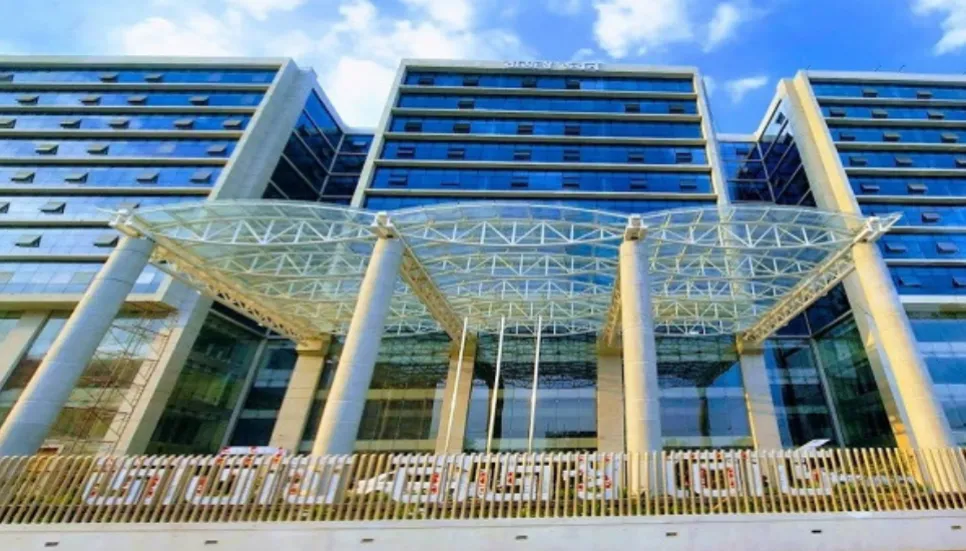
The National Board of Revenue (NBR) is intensifying its efforts to combat tax evasion, aiming to enhance its capacity in addressing the country’s low tax-to-GDP ratio. Currently, the NBR is grappling with capacity constraints that are limiting its ability to tackle all suspected cases of tax evasion at once.
As part of this renewed focus, the NBR has been scrutinizing prominent business figures. On August 22, the NBR instructed banks, financial institutions, and the National Savings Authority to provide detailed financial records of five high-profile business tycoons and their family members.
They include Summit Group Founder-chairman Aziz Khan, Orion Group Chief Mohammad Obaidul Karim, Beximco Group Co-Founder and Vice-Chairman Salman F Rahman, Nassa Group Chairperson Nazrul Islam Mazumder, and Bashundhara Group Founder Ahmed Akbar Sobhan.
The Central Intelligence Cell (CIC) of the NBR initiated this move to closely monitor the financial activities of these figures, suspecting potential tax evasion. Under Section 200 of the Income Tax Law 2023, the NBR is legally empowered to request bank account information linked to a taxpayer’s Taxpayer Identification Number (TIN) if there are suspicions of tax evasion.
Banks and non-bank financial institutions (NBFIs) are required by law to provide these details, with penalties imposed for any non-compliance by banking officials.
Following the fall of the Awami League government amid a student-led uprising, the NBR’s tax zone-15 issued notices for bank account searches related to Awami League Presidium Member Sheikh Selim and the family members of business magnate S Alam. However, further actions on tax evasion, particularly involving corporate taxpayers, have since slowed.
NBR Chairman Md Abdur Rahman Khan addressed these concerns on Monday, emphasising the limitations of the board’s current capacity. “You have to understand the capacity of the NBR. If you take all the activities at one go, you would not complete all tasks properly,” Khan told UNB after inaugurating an NBR event.
Khan acknowledged the importance of prioritising certain cases, stating that the NBR is currently focused on individuals for whom financial data is readily available. He reassured the public, saying, “We will definitely continue our anti-tax evasion drive on corporate taxpayers.”
Khan also noted that the CIC remains active in auditing corporate tax returns and identifying instances of tax evasion, though he stressed that not everything could be handled simultaneously due to resource limitations. “Everything will be done, but this cannot start all at once, as we have some capacity issues,” he said.
The NBR’s renewed efforts to curb tax evasion are part of a larger strategy to improve Bangladesh’s tax-to-GDP ratio, which currently stands at just 7.3 per cent-significantly lower than neighboring countries. India’s ratio is 12 per cent, Nepal’s is 17.5 per cent, Bhutan’s is 12.3 per cent, and Pakistan’s is 7.5 per cent.
Khan emphasised that curbing tax evasion is essential to elevating the country’s tax-to-GDP ratio to a more respectable level.
Another pressing issue is the heavy reliance on indirect taxes, which currently account for 67 per cent of the government’s revenue. Shifting towards a greater reliance on direct taxes is necessary to create a more balanced and fair tax system.
Additionally, only 5.2 per cent of Bangladesh’s population is registered as taxpayers, a stark contrast to India, where 23.08 per cent of the population is registered. This low tax registration rate highlights the significant room for growth in expanding the country’s taxpayer base.